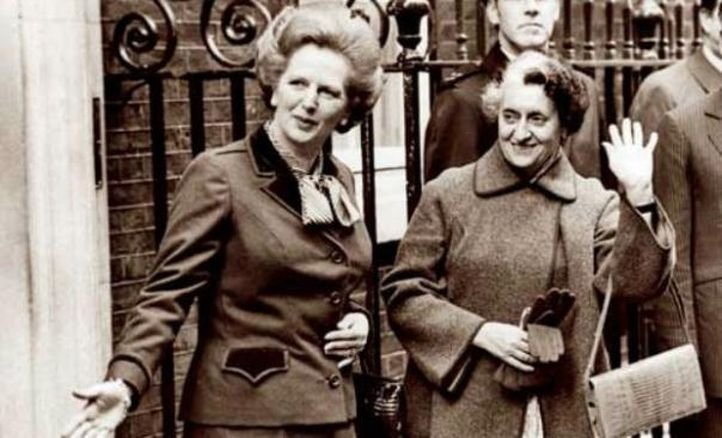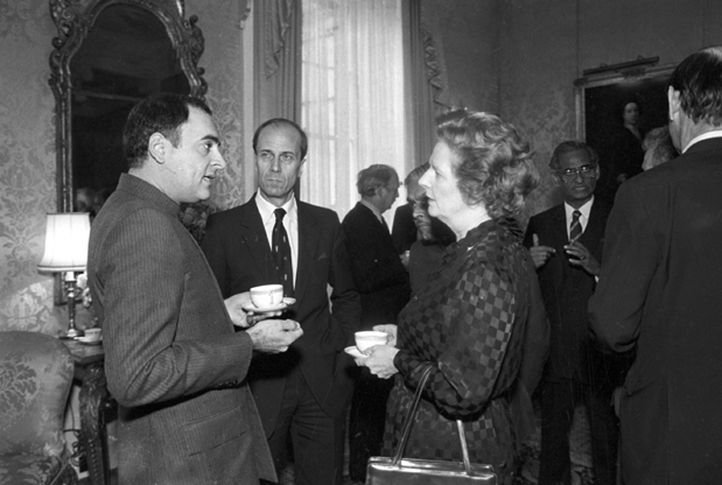British cabinet documents relating to India, dating back to 1984 and 1985, have been released by the National Archives in England. The documents throw light on how the establishment perceived developments in India during the turbulent years that saw the assassination of Prime Minister Indira Gandhi and the early phase of Rajiv Gandhi, who replaced her.
The documents are in the form of deep background briefing notes, talking points, telegrams, advisories, news clippings and personality assessments (of Indian politicians and bureaucrats) that were prepared for then Prime Minister Margaret Thatcher.
The papers also reveal India’s request to the UK to crack down on Sikh extremism in the UK in the aftermath of Gandhi’s assassination, and also brings to light the close relationship shared by Thatcher and Gandhi.

Among other significant points to emerge were the fears of an assassination attempt by the Irish Republican Army on Thatcher when she attended Gandhi’s funeral. There were also documents about the political strife that eluded Indo-Sri Lankan relations during the early Rajiv Gandhi years.
When Thatcher came to India for the funeral, she commented on the paradox that she shared with Indira Gandhi. “T hat one can be warm, human, loving, knowing all the little things of life, and at the same time being firm, determined and decisive. We understood the loneliness…” the Hindu quoted her speech from the funeral.
At the time the British government feared that India would cut off trade ties and even cancel defence deals, unless the UK took strict action to contain the activities of self-styled leader of ‘Khalistan’, Jagjit Singh Chouhan. However, Thatcher did not break a sweat. She calmly ensured the Indian government that Chouhan would be arrested if he were found to have broken any British law, however, at the time, the British police felt he had not.

A confidential report sent to Thatcher before her trip to New Delhi for the funeral, called India’s government, “robust by third world standards”. It said the government and armed forces are quite capable of containing “large-scale civil disorder”.
The report also analysed the elections that were to be held. It said in the context of the forthcoming elections that there was a ” real threat that Rajiv Gandhi will be assassinated,” adding — portentously, as it turned out — ” He cannot campaign in the democratic environment of an Indian election without constantly exposing himself.”
Both Margaret Thatcher and Indira Gandhi were two of the strongest women in world history. They both faced their own set of trials and tribulations, and dealt with them how they deemed fit. The world has commented on their demeanour as cold and hard, even dubbing one as “the iron lady”, however, in a world dominated by men where women at the time barely left their homes, let alone ran countries, what more could have been expected of them?

















